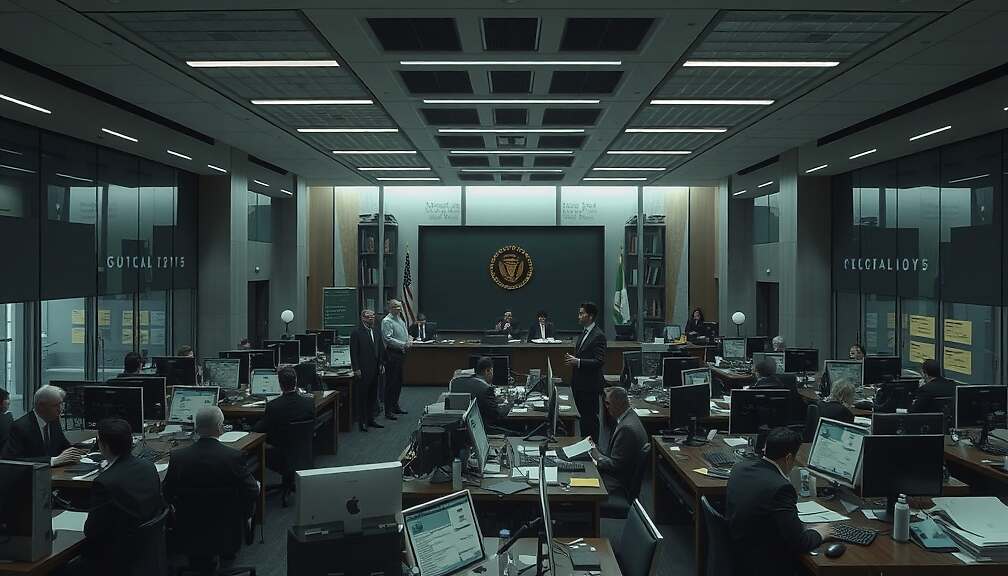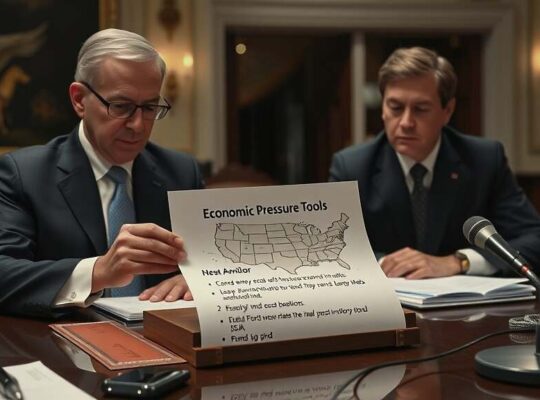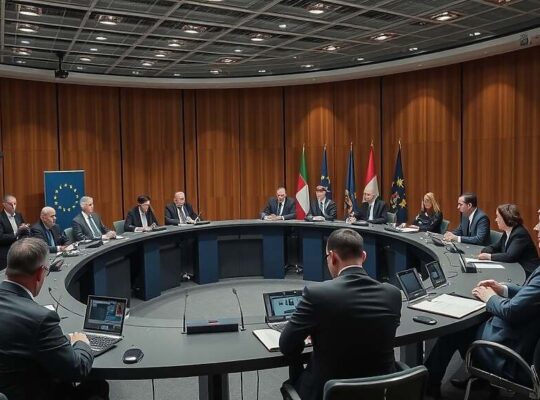The European Commission has levied a collective fine exceeding €157 million against fashion giants Gucci, Chloé and Loewe for engaging in anti-competitive pricing practices that restricted independent retailers’ ability to set prices. The decision, announced Tuesday, underscores a growing scrutiny of luxury brands’ influence on market dynamics and raises questions about the extent to which companies can control distribution channels.
According to the Commission, the companies violated EU competition rules by dictating resale prices for their products, effectively limiting the pricing elasticity for third-party retailers. This practice, which persisted until April 2023 when unannounced inspections were carried out, resulted in artificially higher prices and reduced consumer choice. The Commission’s investigation revealed a deliberate strategy to influence the market by stifling independent retailers’ freedom in setting competitive prices.
The substantial fines reflect the severity and duration of the violations, though mitigation was applied based on the level of cooperation offered during the investigation. Gucci and Loewe received a 50% reduction in their penalties for fully cooperating with the Commission, while Chloé received a 15% reduction. The bulk of the fine, €119.7 million, is directed towards Gucci, followed by Chloé (€19.7 million) and Loewe (€18.0 million).
“Today, we have sanctioned three major European fashion houses for interfering with the pricing of their independent retailers, violating EU competition rules” stated EU Commission Vice President Teresa Ribera. While presented as a victory for consumer protection, some analysts argue the penalties, while significant, may not be a sufficient deterrent for other luxury brands operating on similar models. The incident will likely spark broader debate concerning the intricate relationship between luxury brands, their distributors and the overarching principle of fair competition within the European Union, prompting a re-evaluation of distribution agreements and pricing strategies across the industry. Critics are already questioning whether the commission’s actions will genuinely level the playing field or simply encourage a more discreet, but equally restrictive, form of market manipulation.












